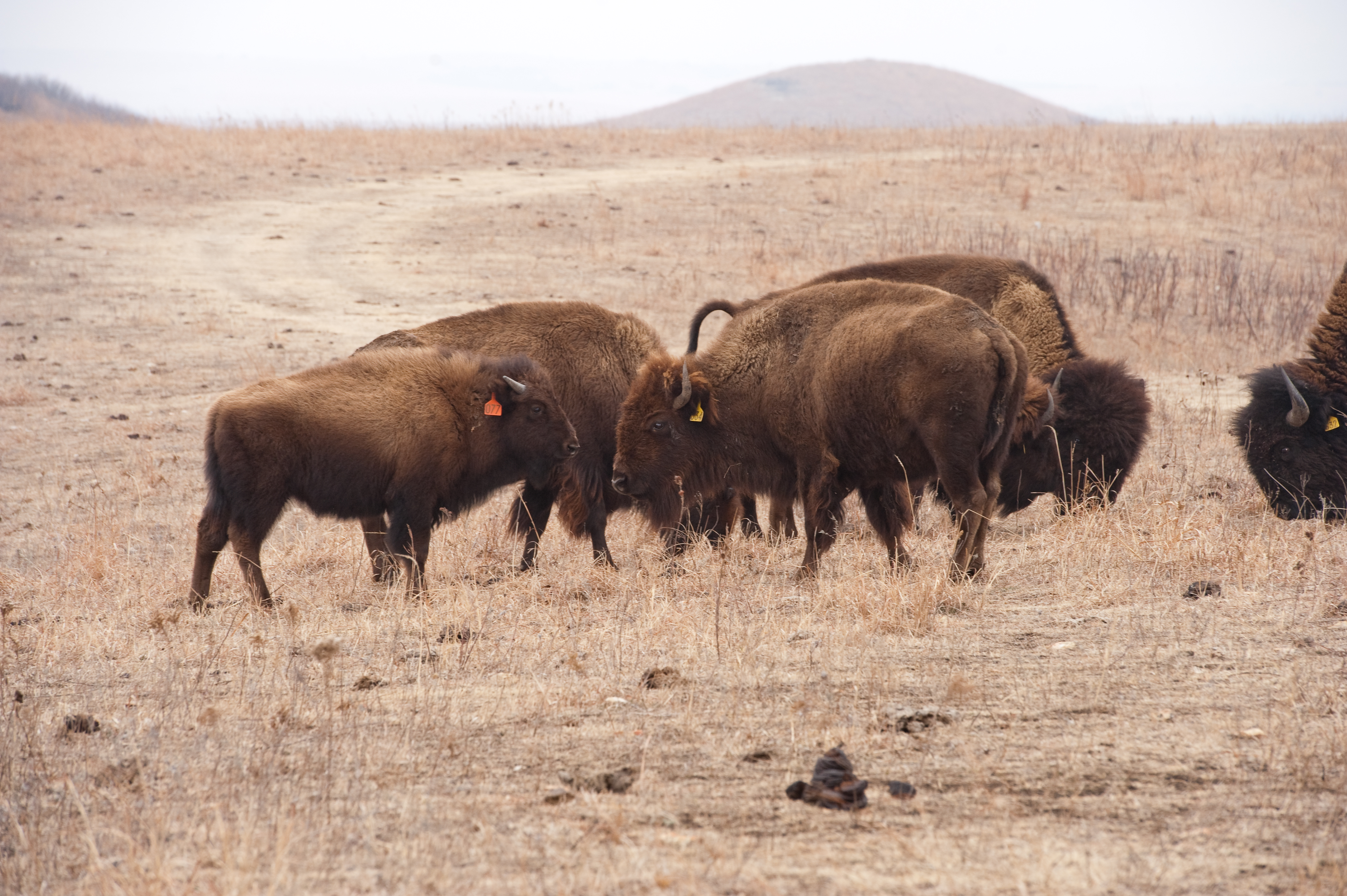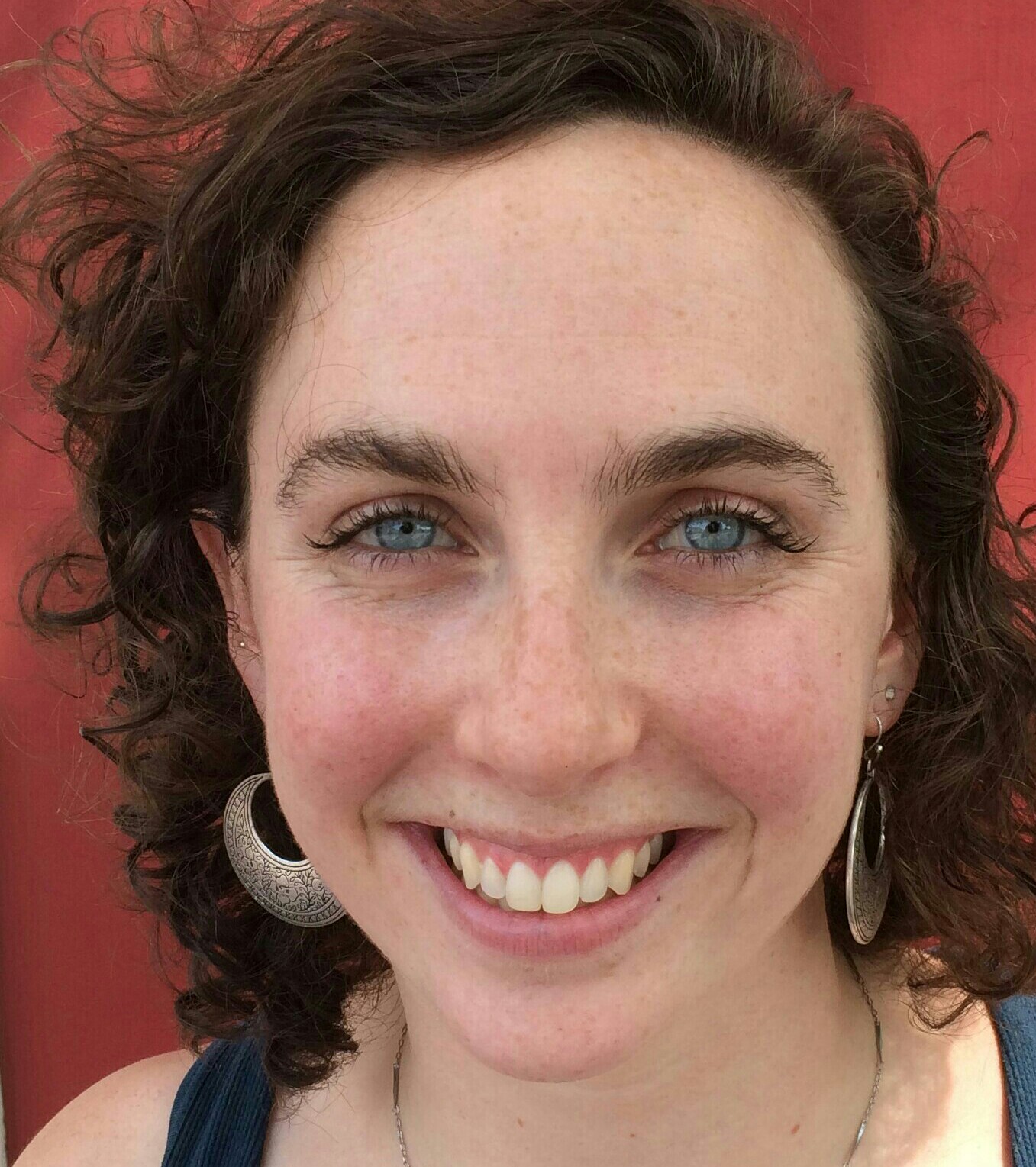Small Problem: Bison Shrink as Planet Warms

Bison roaming the U.S. prairie may grow smaller as a result of climate change, a new study suggests.
Interested in how regional climate affects bison size, biologist Joseph Craine of Kansas State University collected body mass data for more than 250,000 bison across the country. He found that herds from hot, dry regions tend to weigh less than those from cooler, wetter regions. The average South Dakota adult male bison, for example, weighed roughly 1,900 pounds (860 kilograms), whereas the average Oklahoma adult bison — subject to hotter conditions — weighed closer to 1,300 pounds (590 kg), Craine reported last week in the journal PLOS ONE.
"The difference in temperature between those two states is around 20 degrees Fahrenheit [11 degrees Celsius], which is about three times the projected increase in temperatures over the next 75 years," Craine said in a statement. "That's a pretty extreme difference and beyond the worst-case scenario. But it is a clear indicator that long-term warming will affect bison, and is something that will happen across the U.S. over the next 50-75 years."
Craine thinks this size discrepancy results from differences in grass quality. Grasses in warm, dry regions tend to contain less protein than those in cooler, wetter regions. Protein deficiency slows bison growth early in life, resulting in smaller adults.
Other grazers, like cattle, will likely face similar changes in a warming climate, Craine said. Though more work is needed to predict the extent of warming on the prairie, Craine suggests that the cattle industry could face losses of more than $1 billion within the next 75 years as a result of degrading grass quality.
Follow Laura on Twitter. Follow us @livescience, Facebook & Google+. Original article on LiveScience.com.
Sign up for the Live Science daily newsletter now
Get the world’s most fascinating discoveries delivered straight to your inbox.










